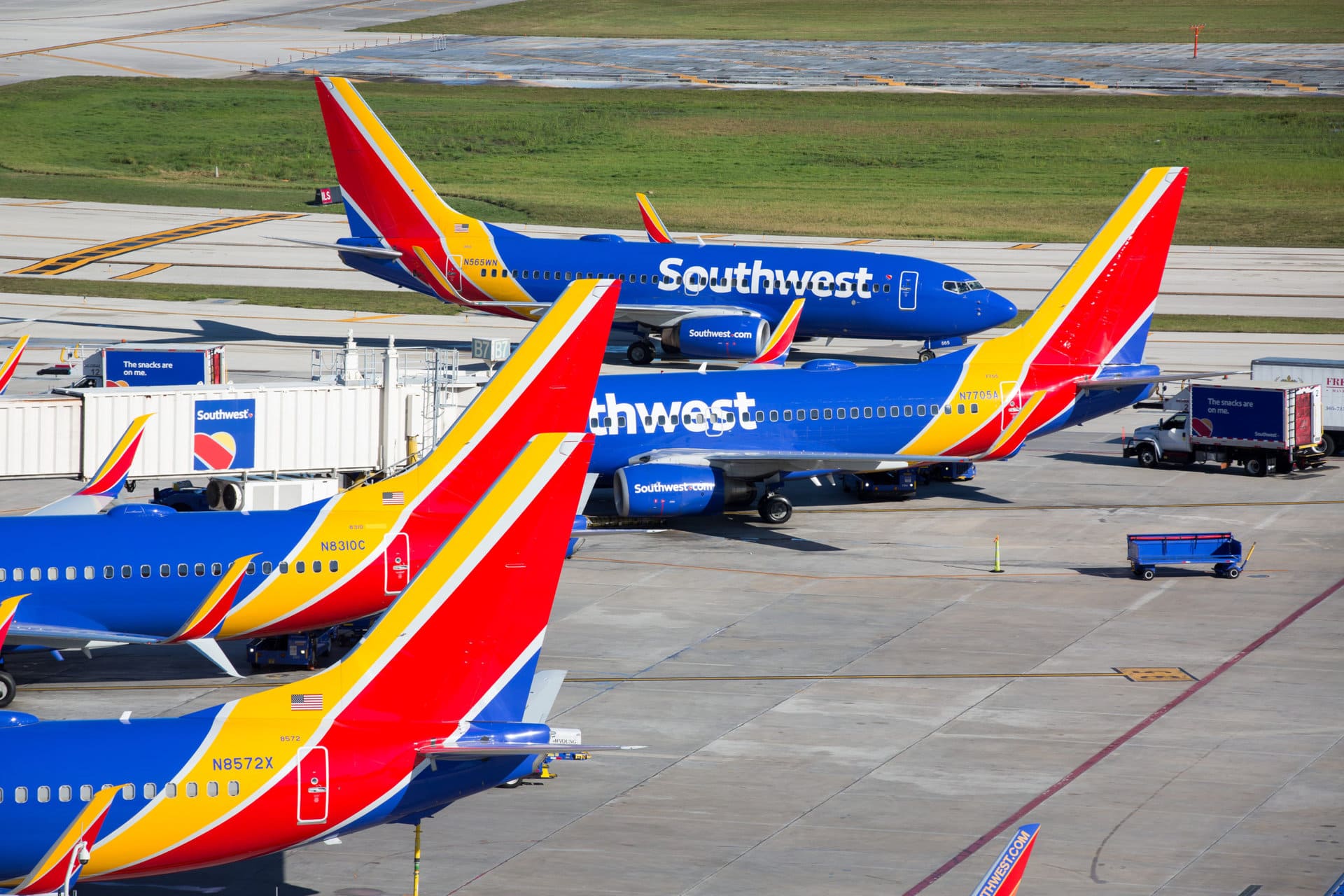Department of Transportation Proposes New Rules on Flight Credits and Refunds
August 5, 2022

If adopted, the new policies would define what constitutes a canceled flight and a ‘significant change’ in service
Southwest Airlines made headlines this week when it became the first airline to eliminate expiration dates for flight credits. In a move signaling how the change may affect the airline industry, the US Department of Transportation has issued a Notice of Proposed Rulemaking that would cover airline ticket refunds. If adopted, the new rules would clarify and expand policies aimed at protecting travelers who are seeking money back for canceled flights and changes in service.
Among the proposals, the new rules would specifically define what constitutes cancellation of services or a significant change in services, according to a statement by the Transportation Department.
Under the new rules, a canceled flight would be one that was published in a carrier’s Computer Reservation System at the time of the ticket sale but was not operated by the carrier.
The rules would define a “significant change” as:
• A change that affects the departure and/or arrival times by three hours or more for a domestic flight, or six hours or more for an international flight
• A change to the departure or arrival airport
• A change that increases the number of connections in the itinerary
• A change to the type of aircraft flown if it causes a significant downgrade in the air travel experience or amenities available onboard the flight
The proposed rules would also require all carriers to adopt the “no-expiration” policy for flight credits and vouchers “when passengers are unable to fly for certain pandemic related reasons, such as government-mandated bans on travel, closed borders, or passengers advised not to travel to protect their health or the health of other passengers.”
In addition, the proposal would also require air carriers and ticket agents that receive “significant government assistance related to a pandemic” to issue refunds instead of travel credits or vouchers.
The department is conducting a virtual public meeting of the Aviation Consumer Protection Advisory Committee on Aug. 22, to hear comment on the proposed rulemaking. Once the 90-day public consultation period ends, DoT will decide whether to adopt the rule, change it or withdraw it.
“When Americans buy an airline ticket, they should get to their destination safely, reliably, and affordably,” said Transportation Secretary Pete Buttigieg in a statement. “This new proposed rule would protect the rights of travelers and help ensure they get the timely refunds they deserve from the airlines.”
The question of what to do with the leftover value of a ticket that’s been canceled or changed to a lower fare has become a headache for both consumers and airlines. As the pandemic rolled across the globe in early 2020, flights were canceled and the number of unused flight credits skyrocketed.
According to a 2021 analysis, airlines had issued over 20 million credits and vouchers worth over $10 billion by the end of 2020. And since that time the numbers have continued to climb, creating a pool of unused—and quickly vanishing—value.
Federal law requires airlines to refund passengers the ticket price when the carrier is responsible for canceling a flight. However if the passenger cancels, the airline typically offers a credit or voucher, usually with an expiration date.
As the number of unused or partially used tickets piled up, the issue has become a major source of airline consumer complaints according to Transportation Department statistics. According to the DoT, “Since early 2020, the Department has received a flood of air travel service complaints from consumers.”
To stem customer dissatisfaction and confusion, and to encourage rebooking at a time when everything about travel was uncertain, carriers eliminated change fees and extended the expiration dates on flight credits. But for the most part, flight credits still expire sometime, and some sooner rather than later.
So far, Southwest is the only airline in the country to have voluntarily eliminated the expiration on flight credits. If adopted, the new DoT rules may push other carriers to fall in line.




